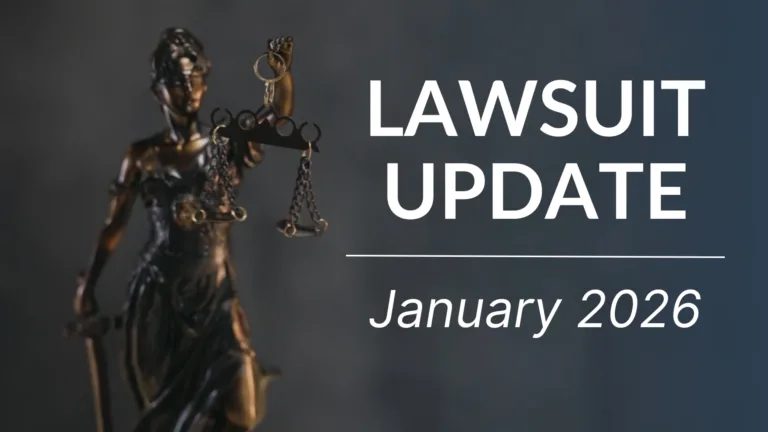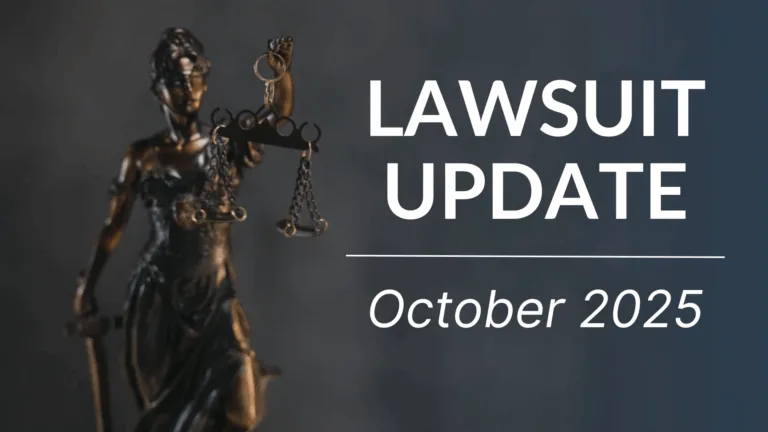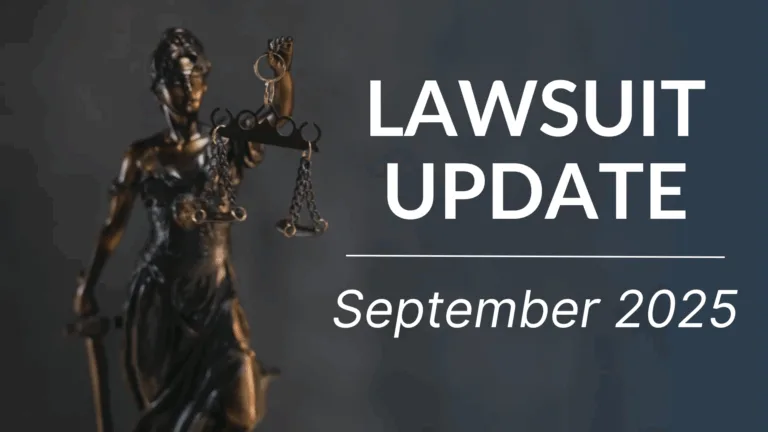California Strengthens Subscription Rights:
What the July 1, 2025 Amendments to the Automatic Renewal Law Mean for You
On July 1, 2025, California’s Automatic Renewal Law (ARL) gets a major upgrade, designed to protect consumers from sneaky cancellation terms and surprise charges. This update aligns with the Federal Trade Commission’s Negative Option Rule and marks a win in the battle against misleading subscription practices.
Why It Matters
Automatic renewals trap consumers into ongoing charges, sometimes indefinitely. These amendments combat that by:
- Forcing clear, affirmative consent before enrollment.
- Requiring easy cancellation using the same channel you used to sign up.
- Mandating annual reminders and upfront notice of cancellations.
- Demanding advance notifications of price hikes or trial conversions
These changes empower Californians to regain control over their subscriptions.
Key Changes for Consumers
Consent Must Be Clear and Recorded
Businesses must now gain “express affirmative consent” for auto-renewals, and retain records for at least three years, or one year past cancellation
One‑Click Online Cancellation
If you signed up online, you must be able to cancel immediately with one click, via a prominent button or direct link
Annual Renewal Reminders
Companies must send a yearly reminder through your original signup channel, summarizing renewal terms and cancellation options
Notice for Price or Trial Changes
Notifications are now mandatory:
- For price increases, 7–30 days’ notice.
- For free trial conversions over 31 days, 3–21 days’ notice.
- For year-long subscriptions, 15–45 days’ notice before automatic renewal. San Francisco Chronicle | Cooley
Example: How It Works in Practice
Suppose you subscribe to an online fitness program:
- You must explicitly opt‑in using a checked box or clear “I agree” to the auto‑renewal terms.
- You receive a clear confirmation and the provider saves this consent for at least one year.
- If you joined via their website, a “Cancel Now” button will be available with no hoops to jump through.
- One year later, they send a reminder with the next renewal date and easy cancellation instructions.
- If they increase fees from $10 ➝ $12/month, you receive a notice at least a week ahead that lists your cancel options.
How Consumers Should Protect Themselves
| Action | Why It Matters |
|---|---|
| Read fine print before subscribing | Confirm you’ve given explicit consent. |
| Save confirmation emails | For auto‑renewal consent proof. |
| Use the direct “Cancel” link/button | Cancelling through indirect means may not be compliant. |
| Watch for annual reminders and notices | Especially before renewal or price increases. |
| Report failures to comply | California AG, DA’s office, or file a private suit. |
What Businesses Should Do (Briefly)
While Audet Law’s clients may not all be subscription providers, it’s useful to know:
- They must revise subscription flows to require explicit consent.
- Implement cancellation buttons and recordkeeping.
- Send reminders and notices as legally required.
- Noncompliance risks enforcement by the AG or class‑action lawsuits. The Cooley
Why This Is Big News
These amendments represent a firm stand against “dark patterns”, those confusing, manipulative design practices that drown consumers in fine print. Similar protections are being championed at the federal level, but California is now the first state to mandate one-click cancel buttons, annual reminders, and clear pricing notices.
This is a significant step forward for consumer transparency and empowerment.
Final Thoughts
If you live in California and subscribe to any service like gym memberships, streaming platforms, or meal kits, we recommend taking note of these changes. Starting July 1, 2025, you’ll have better visibility and less headache when it comes to managing ongoing subscriptions.



